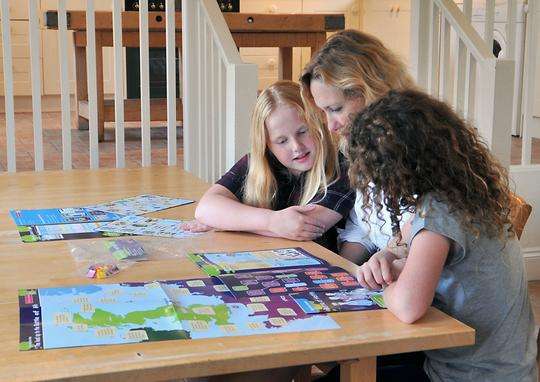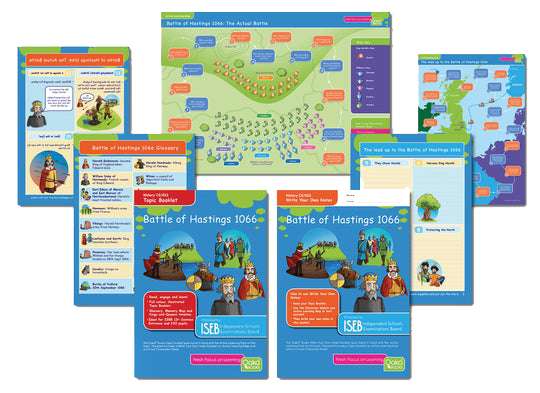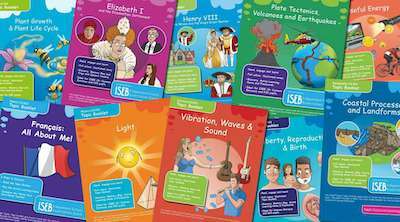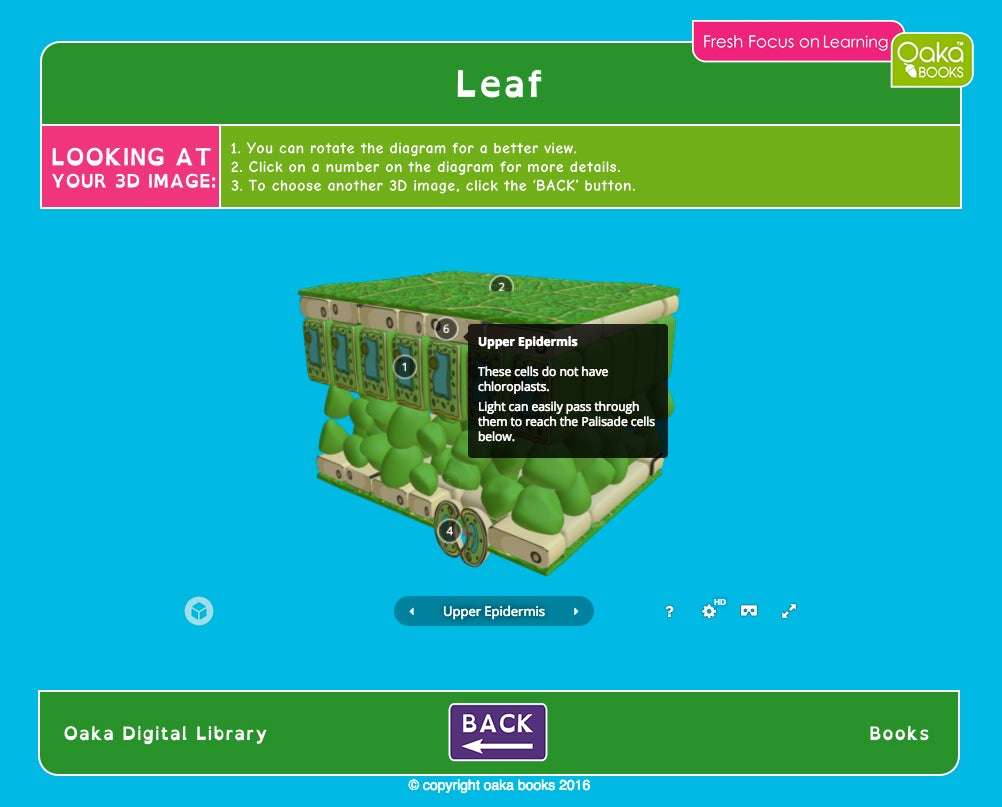An ill prepared mountain climb will, most likely, end in defeat or worse. No-one would dream of arriving at the base of Mount Everest with no planning, training or kit and expect to successfully make the climb.
Preparing for exams is a little like a mountain climb. You can’t just arrive in the exam room and hope to wing it. You need to plan your route to success in small, manageable steps. The process is the same whether you are a teacher, parent or pupil. Mapping out a route might seem long winded. The plan may necessitate taking longer to be fully prepared BUT it will certainly make it far more likely that you will reach the summit and your goal.
A good tip is to work back from the exam date, then create a timetable including all the different topics you need to cover and/or revise. Make sure you include all the fun activities you need to do for yourself too. The more free time you need, then the longer the preparation time will be but that’s fine. You just need to accept that, create a plan and stick with it.
The route from ‘Base Camp’ to the ‘Mountain Summit’ will be:
- Find the right specification: Your teachers will be able to tell you your exam board or you can Google to download the specification.
- Find a text book or resources that suit YOU: You need to take some control and responsibility for your learning and try out different resources to identify what works for you.
- Make notes and keep them organised: If your students or you struggle to keep your work in order and actually readable, then use workbooks that cover each topic. You will then have everything you need for revision in one, easy to access place and format.
- Make flashcards and mindmaps: After each lesson, spend 10 minutes creating flashcards of key points. If this takes you too long, you can use topic packs that include Q&A cards for each topic. You will then stay on top of creating information retrieval tools as you go. If you leave this until ‘revision time’ you will have far too much to do and not enough time for actual information recall practice.
- Practising exam questions: This is a key skill which should be incorporated with understanding command words to ensure you are writing about the correct information. You will also start to recognise the type of question, how many marks it has, and, therefore, how much time you should spend on it. Many a brilliant exam paper has been ruined simply because the student ran out of time.
Once you have put your route map together, you can then start working your way along it in a methodical, stress free way. Arriving in the exam room knowing you have given yourself plenty of active preparation time is absolutely the best way for you to achieve your goal.





